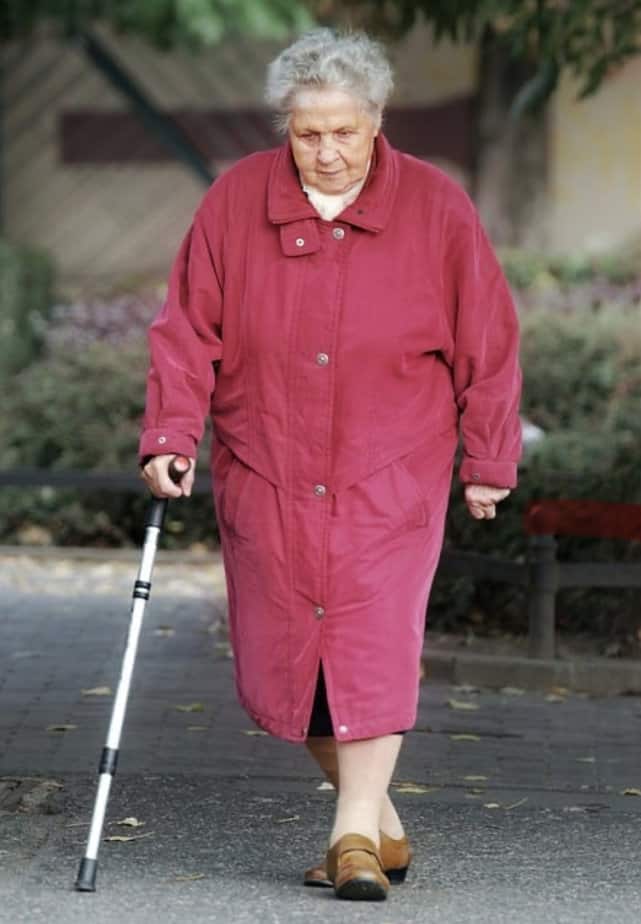
Mobility tends to decrease as we get older. Although it’s a sign of age, it can also be a sign of many other conditions so it’s essential that your loved one is seen by a doctor. As mobility becomes more difficult, you may find that your loved one is less enthusiastic about doing things they once enjoyed.
If this is the case, there are many ways you can try to promote mobility. The more mobile your loved one is, the better it is for their overall health. Here are some things you can try shared by a reader
Light Exercise
One of the best things you can do for your loved one is suggest they stand up. By simply standing up and trying to slowly move around, it builds strength in muscles and joints. Standing up once an hour could do wonders for overall health.
It allows good blood and oxygen circulation around the body and will build confidence in your loved one. Your loved one may need some assistance as they build up courage and strength to do this.
Walking Stick
Some people are hesitant to use walking sticks because they think it makes them look old. In fact, a walking stick is just an aid that can help give your loved one an increased quality of life. Those who lose their mobility may find that they need some help to stop avoidable falls.
If your loved one enjoys getting outdoors for walks, a walking stick could be exactly what’s needed for extra reassurance. Going for a walk with your loved one will help to encourage them to make it a regular occurrence.
Wheelchair Ramps
If your loved one uses a wheelchair, accessibility could be an issue. If it’s awkward getting a wheelchair in and out of the home, your loved one may not want to cause the hassle for anyone. Using wheelchair ramps for homes can make a massive difference.
It will allow you and your loved one to move the wheelchair with ease, making it much simpler to leave home when you need to. Because of this, your loved one is far more likely to agree to be as mobile as possible.
Set Realistic Goals
There are times when mobility issues occur because of accidents rather than just old age. If your elderly loved one is recovering from surgery, mobility could be a task. However, increased mobility will come with time.
It’s important to set realistic goals so neither of you will be disheartened. Make sure that your loved one takes the opportunities presented to work on mobility. Attend all physical therapy appointments and help your loved one to do recommended exercises at home.
When you’re caring for someone who is elderly, especially a parent, it’s vital that their independence remains intact. Even if it’s frustrating to see them lose mobility, they are entitled to make their own decisions. Stick to gentle encouragement and leave the rest up to them.